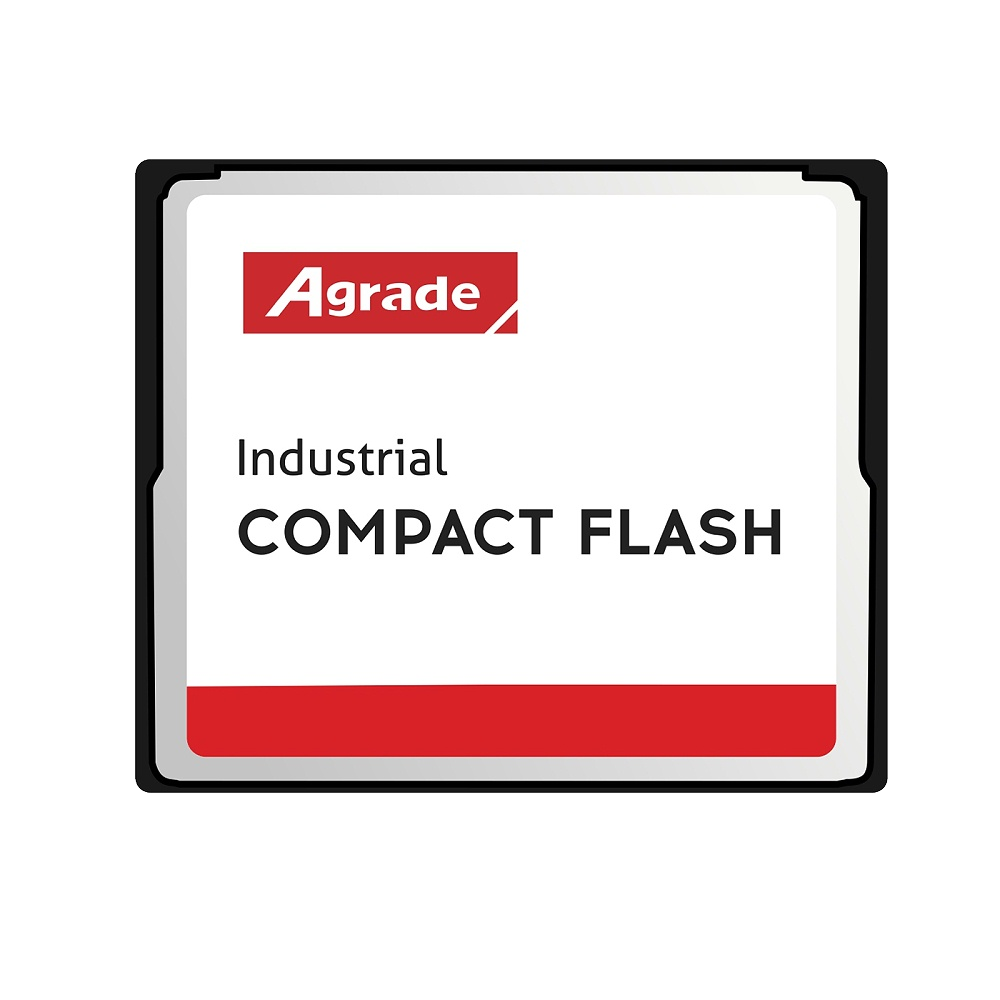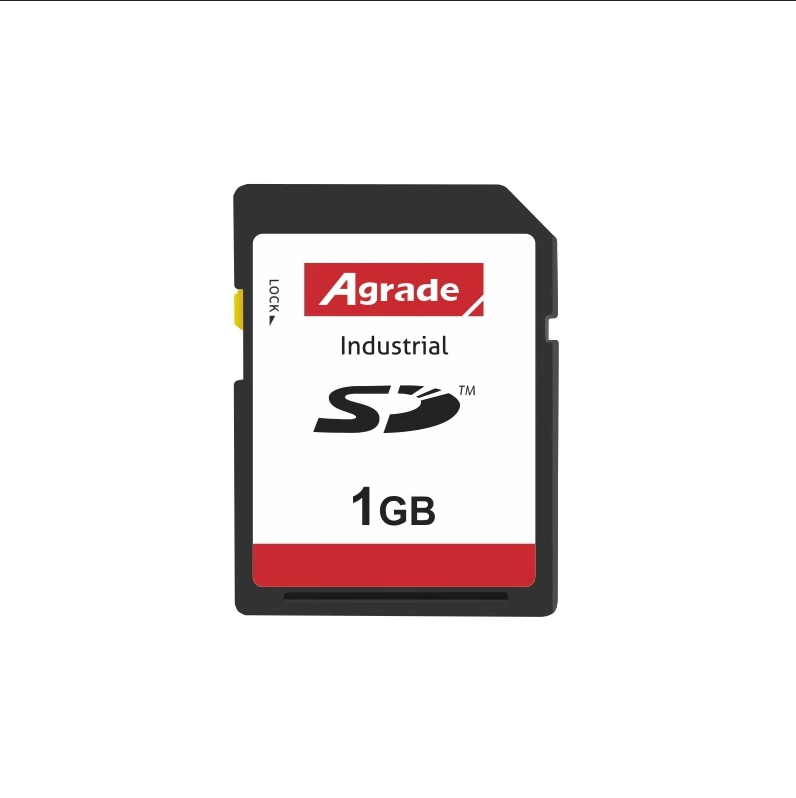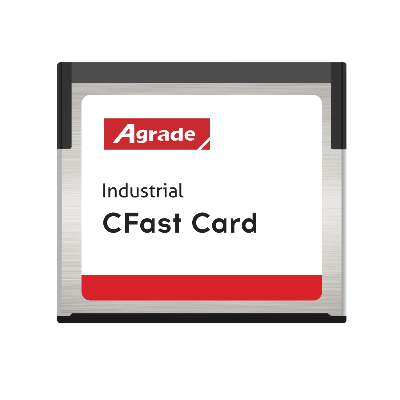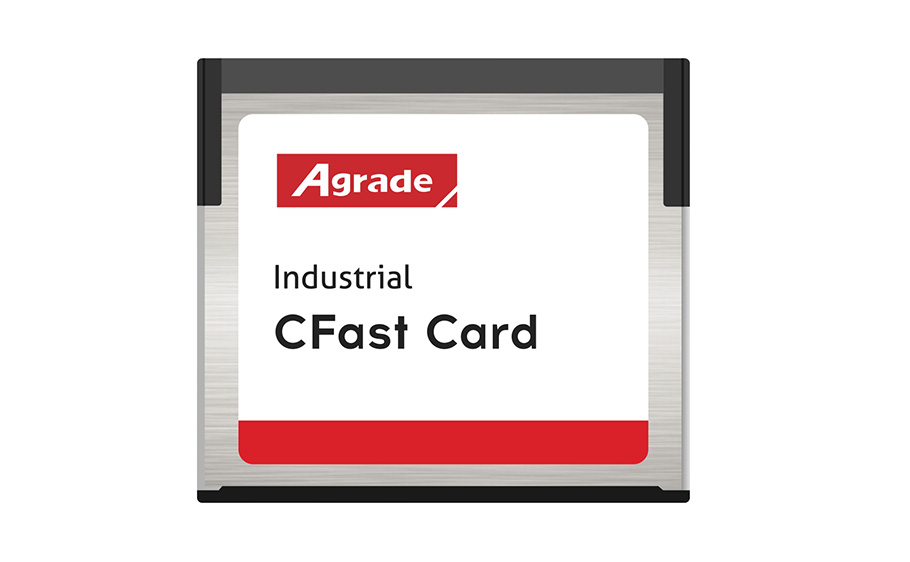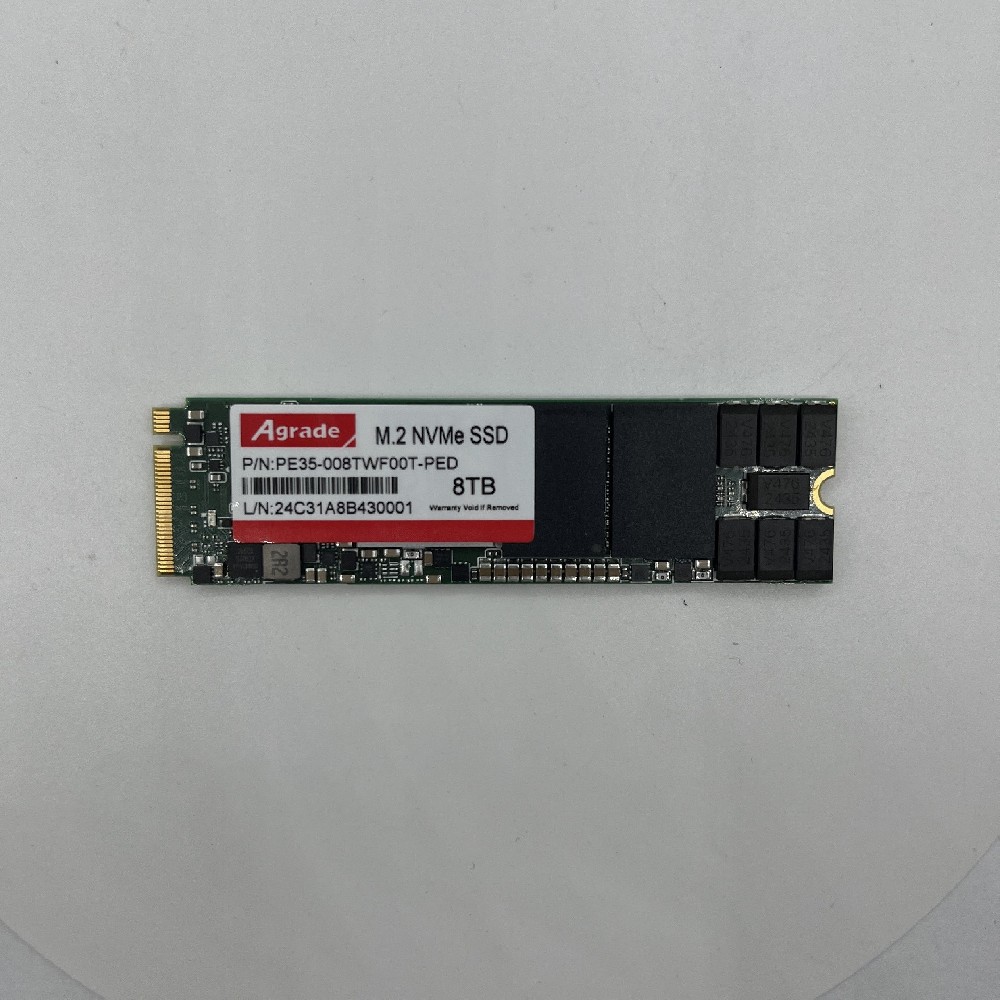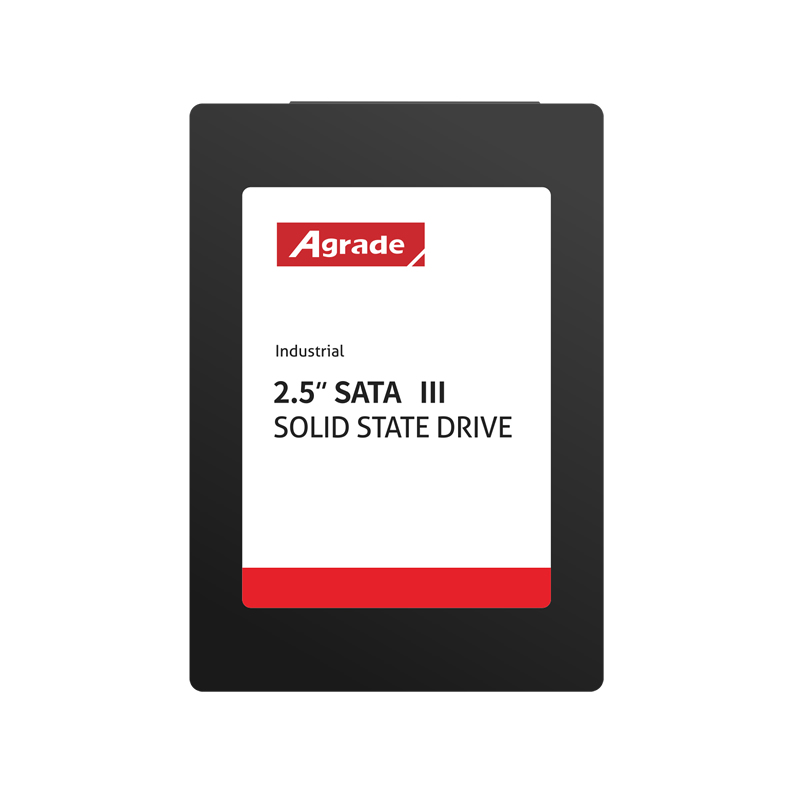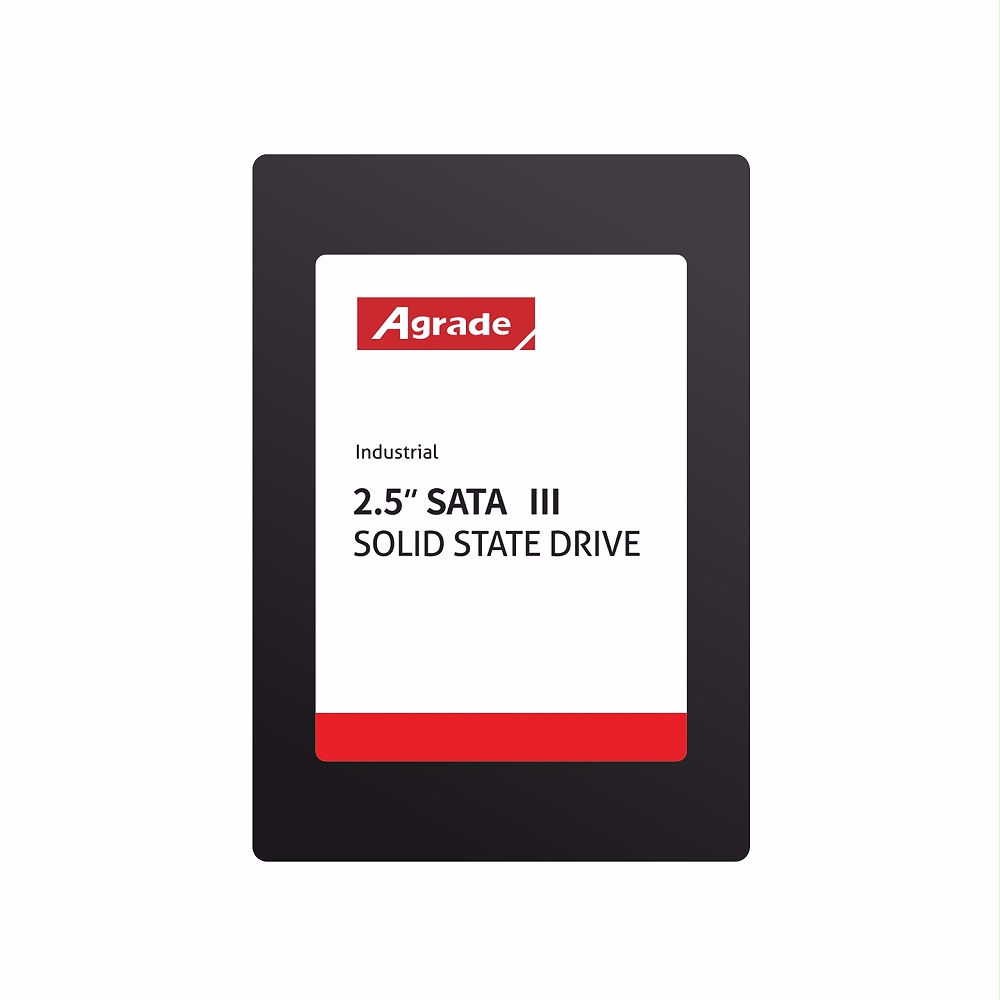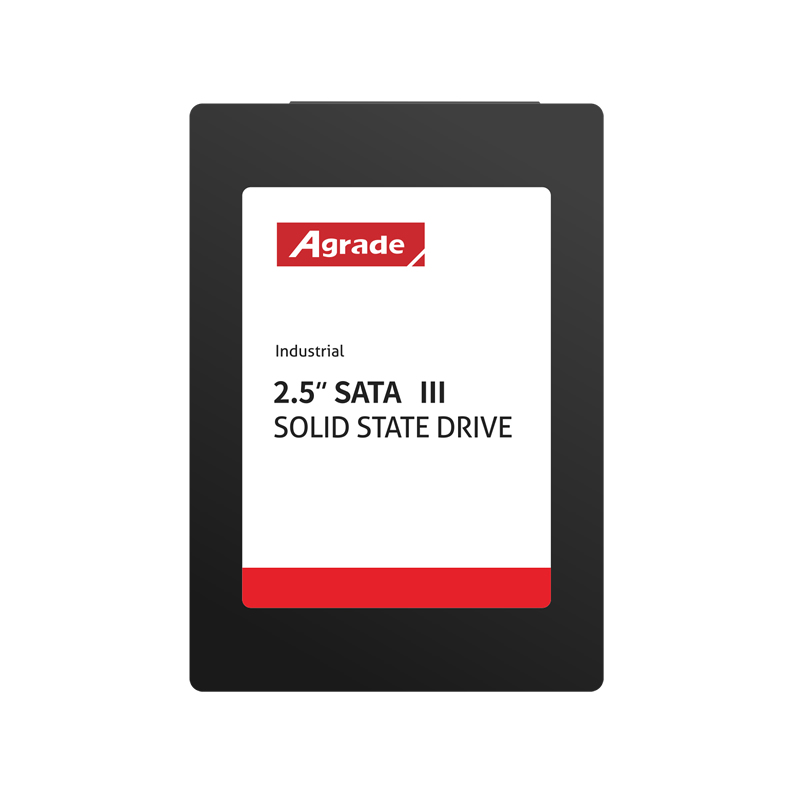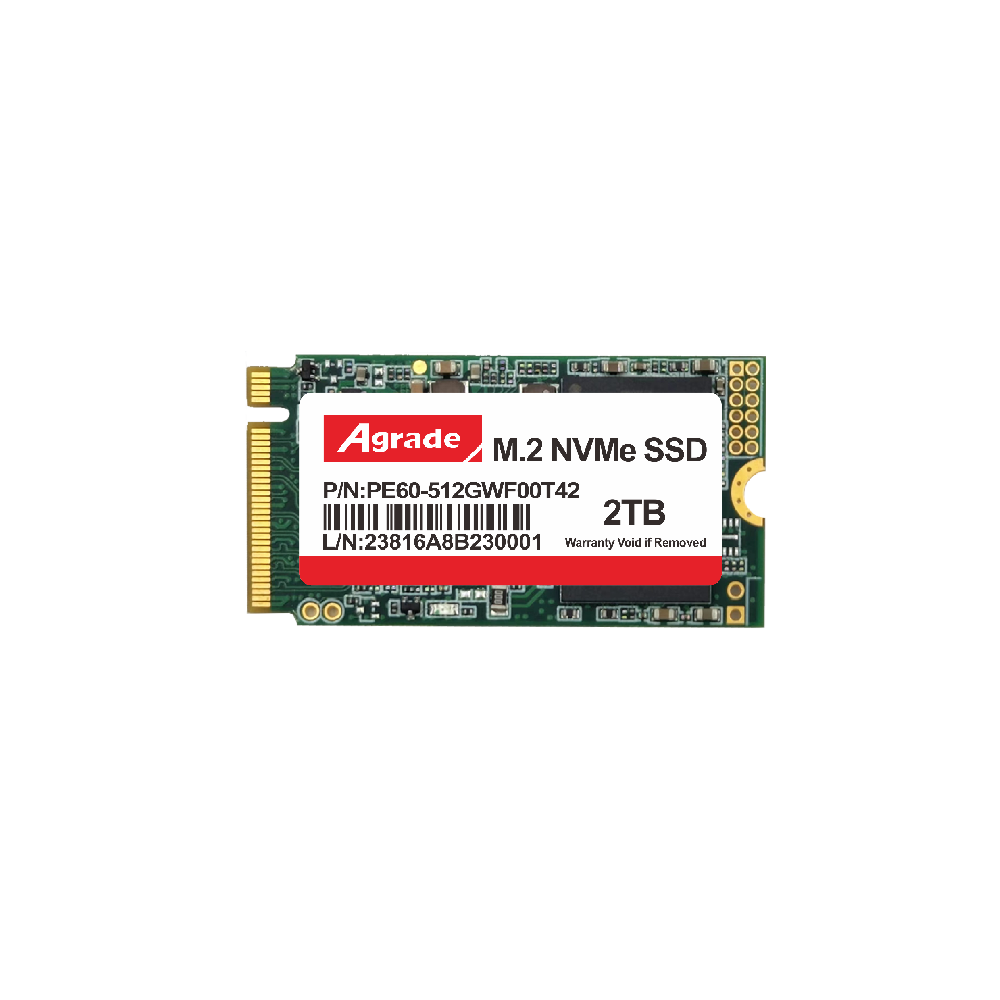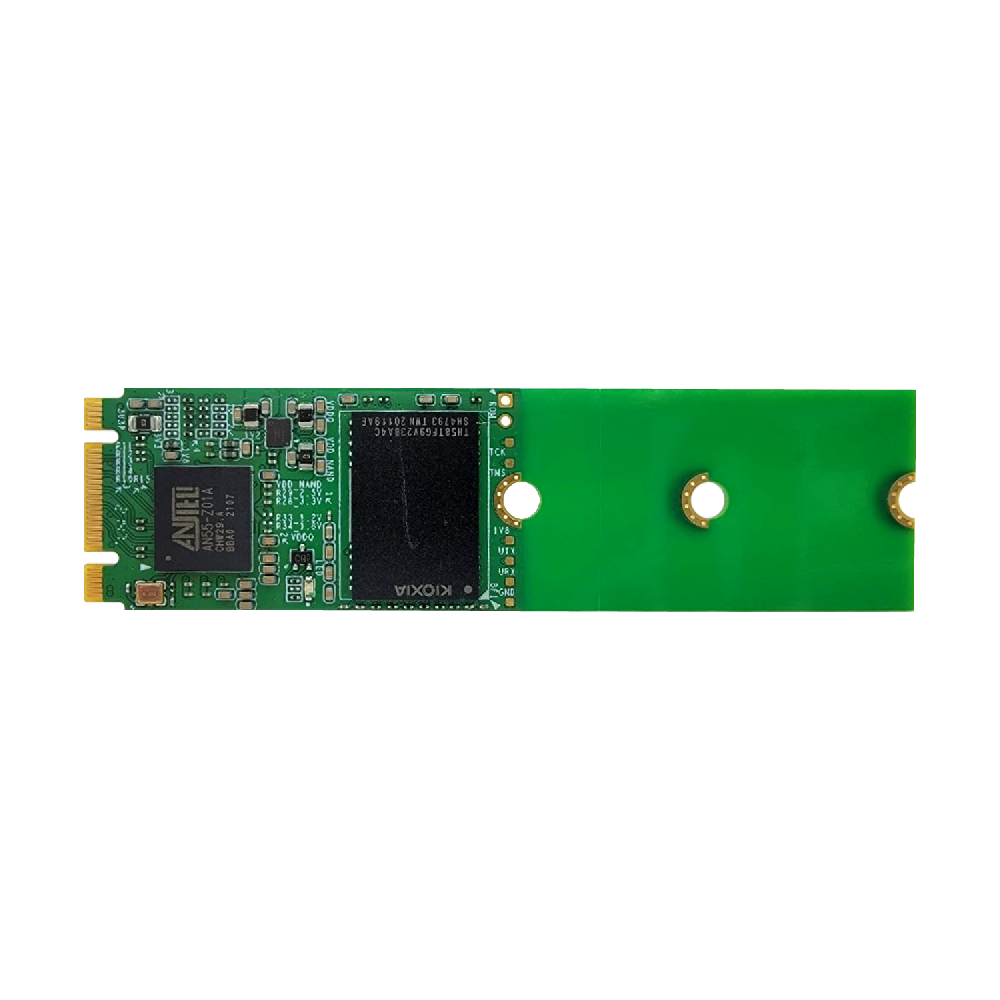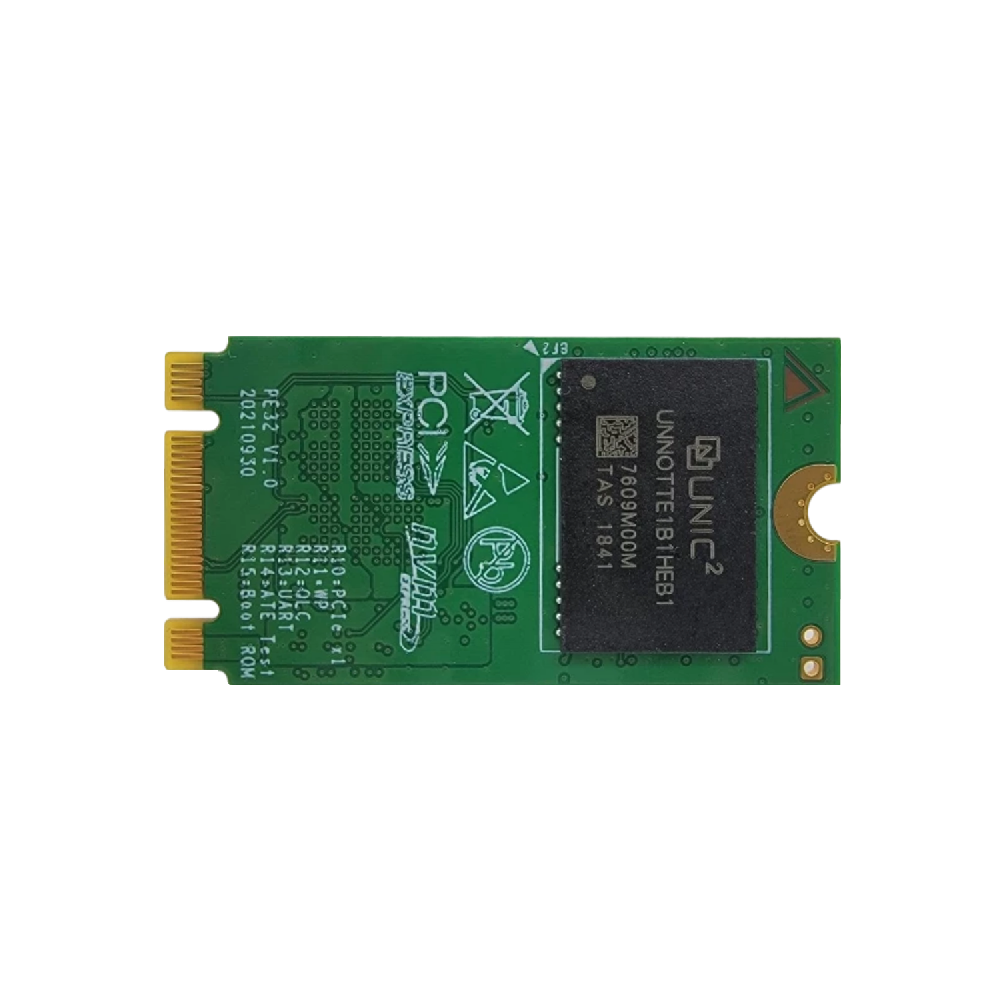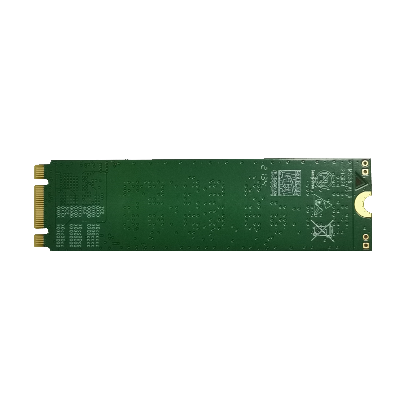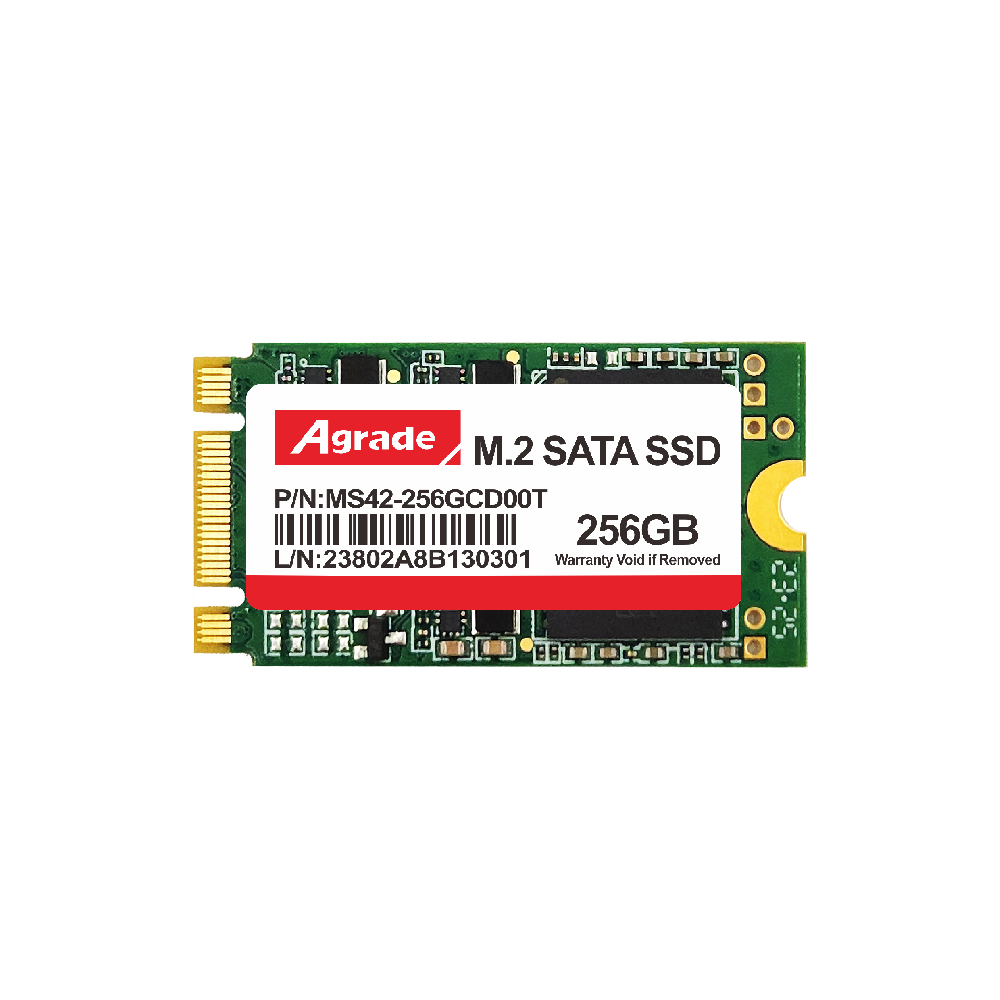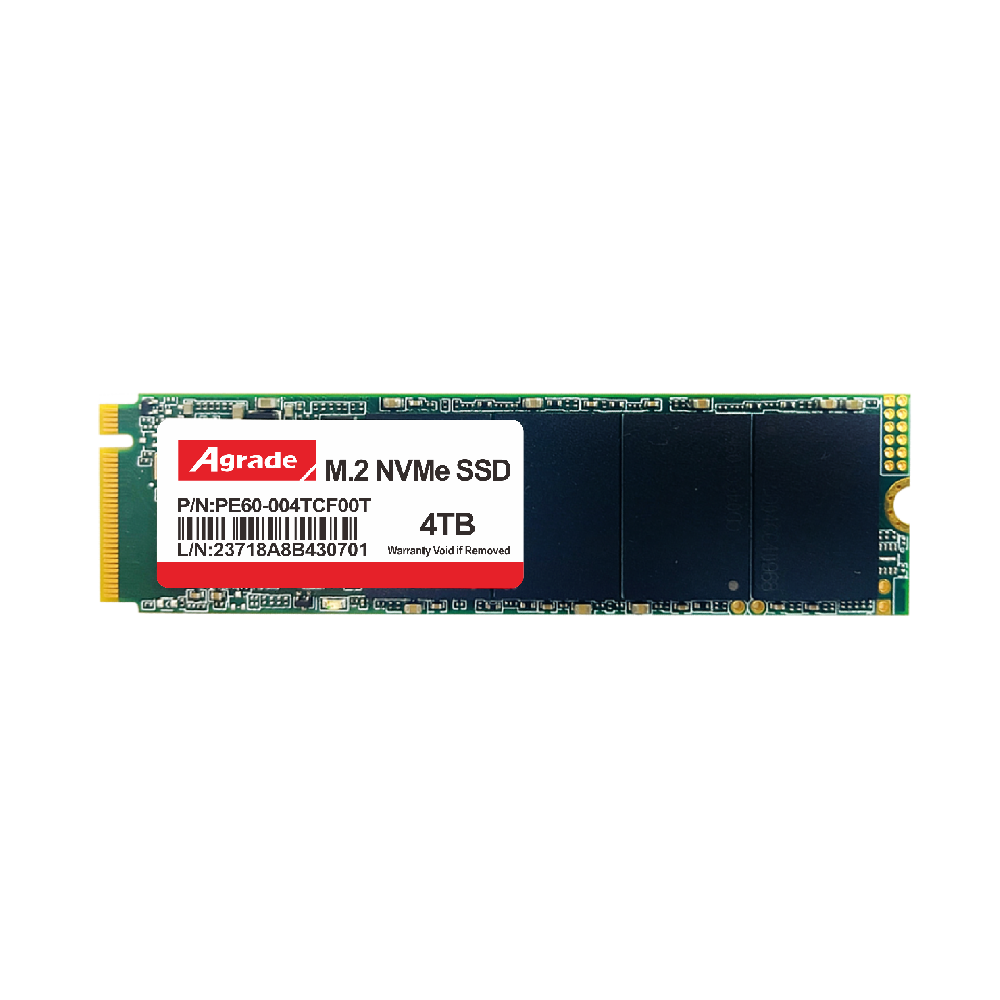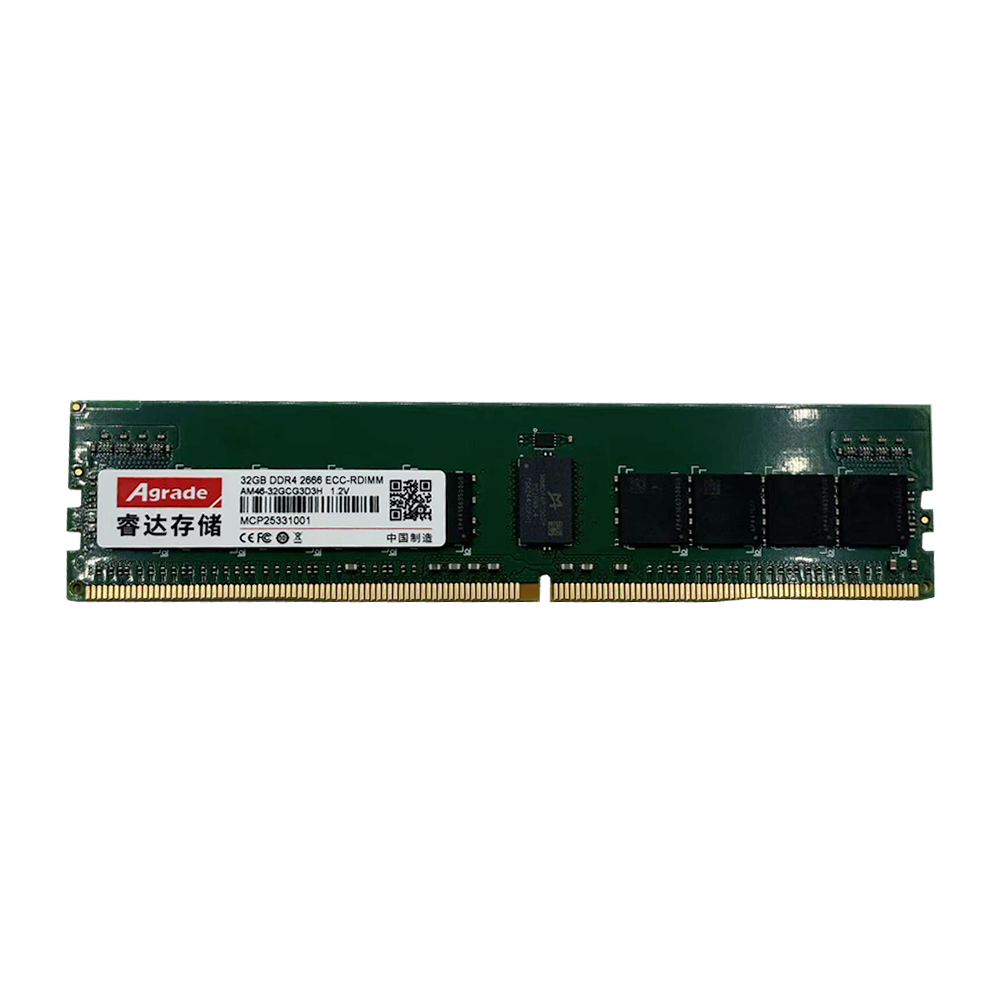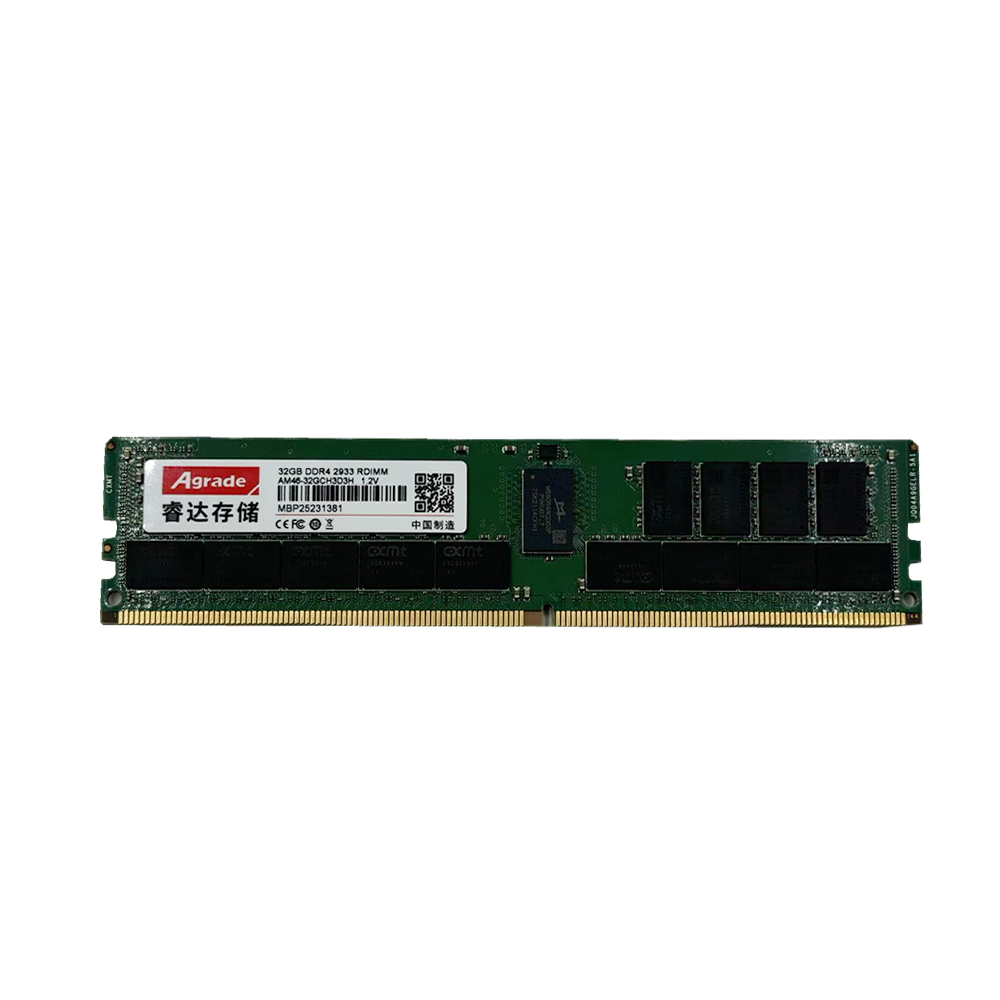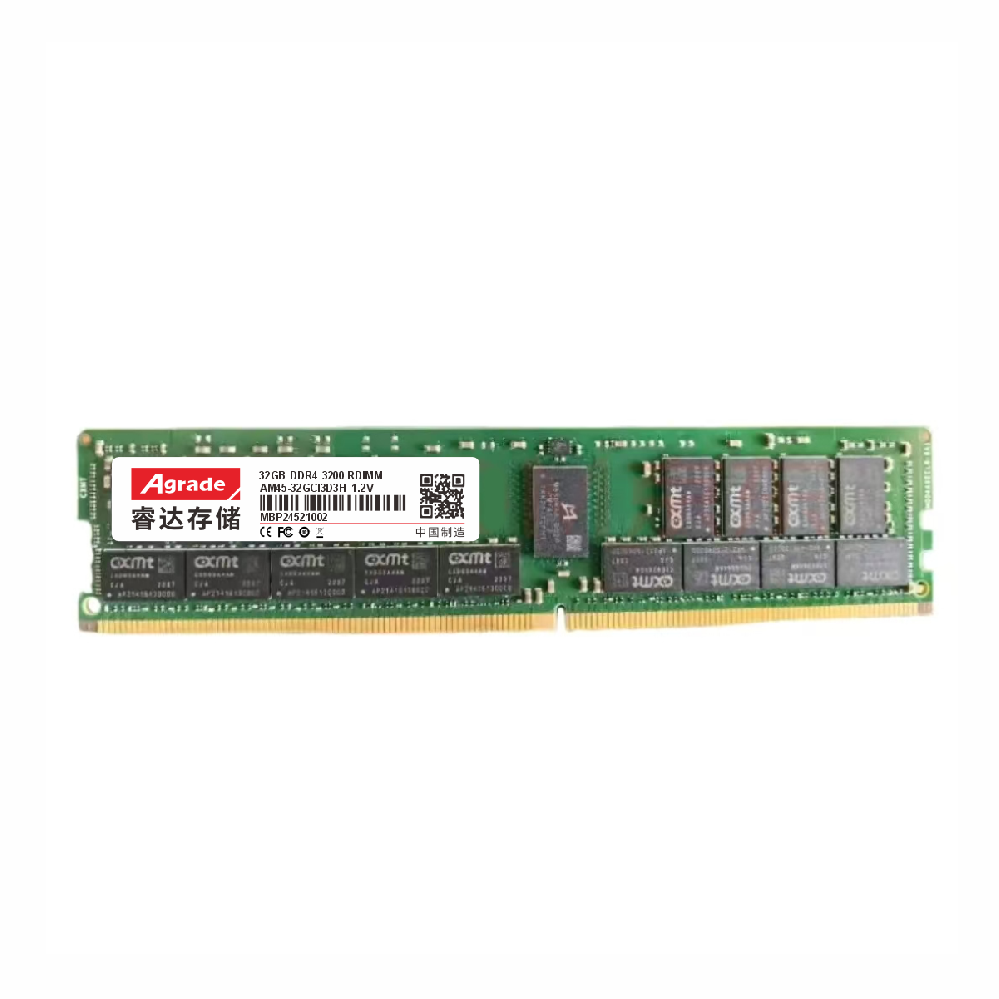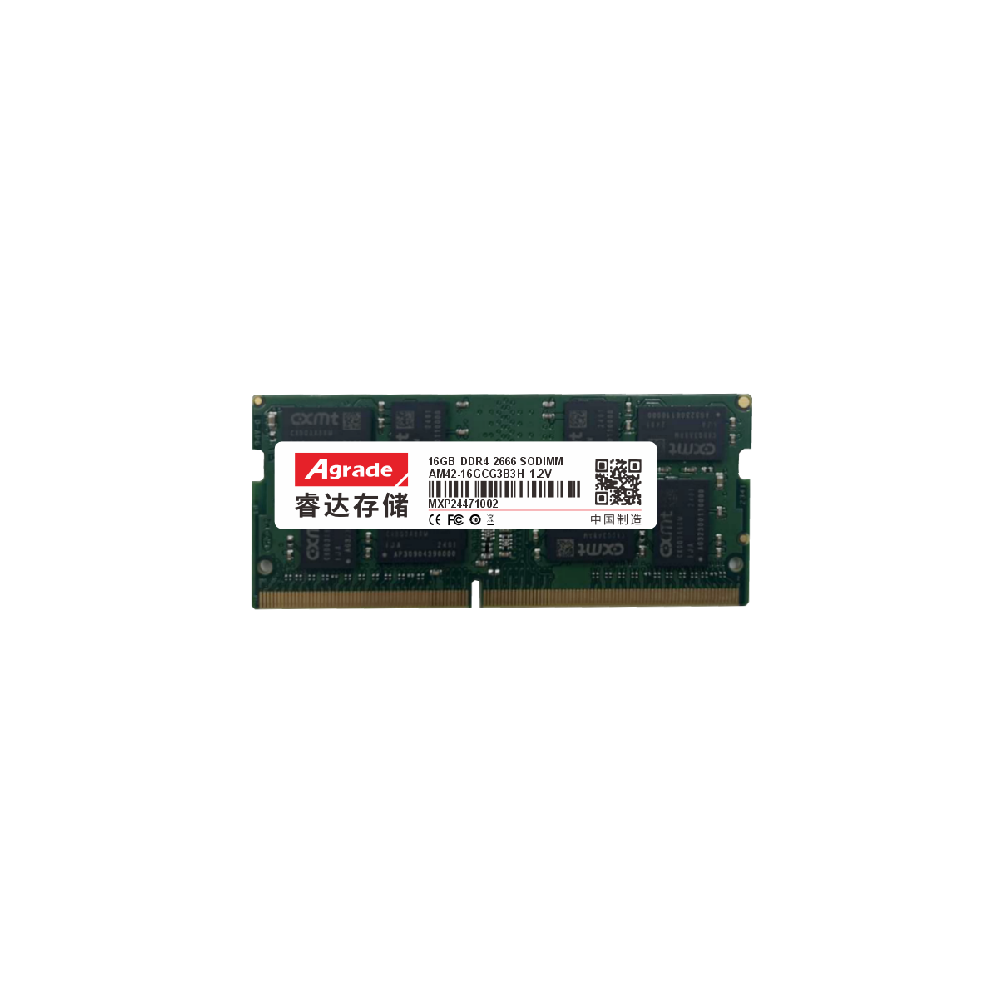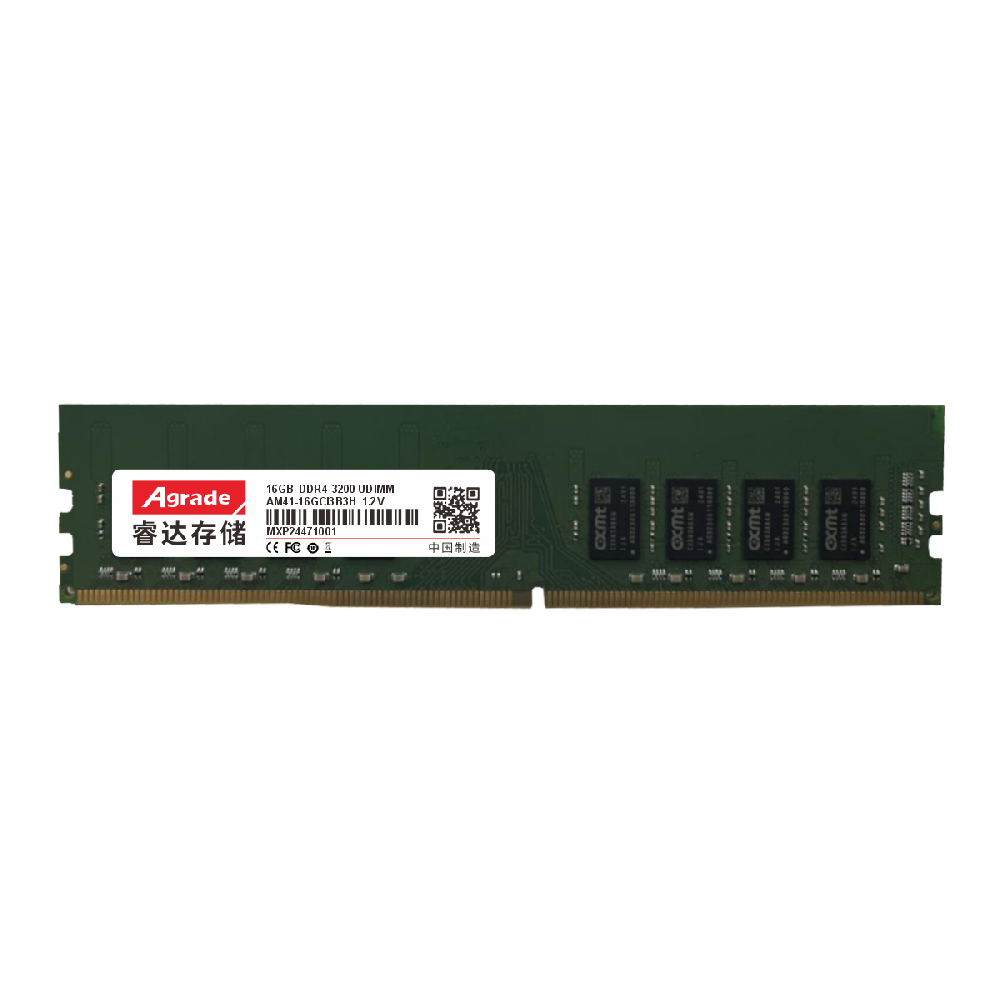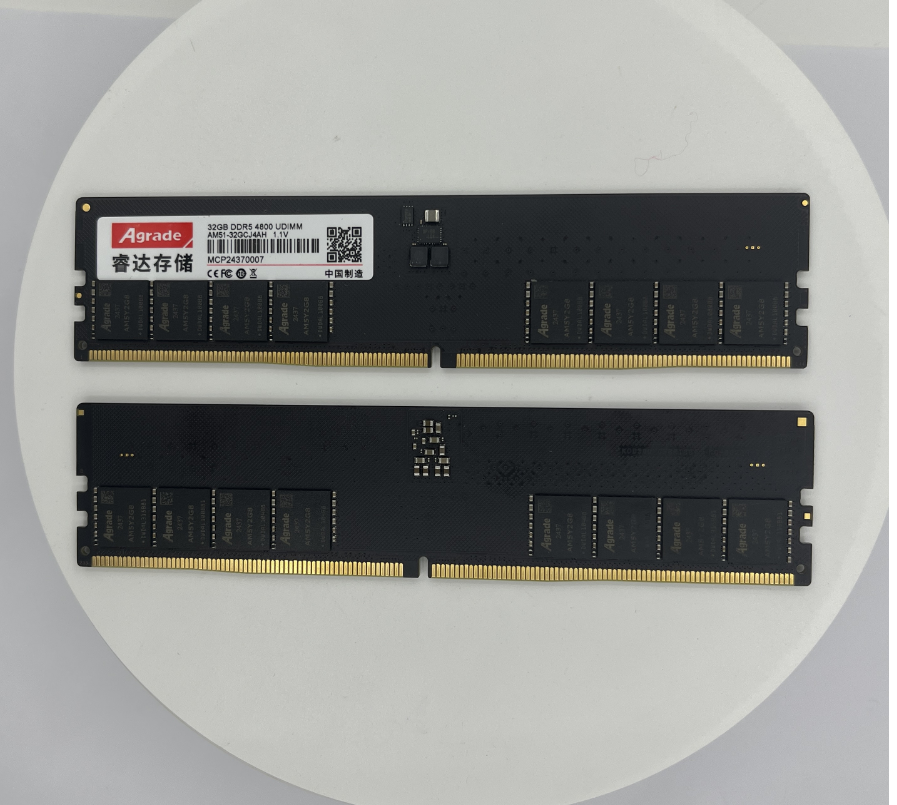

News
 电商部
电商部  2025-11-12 10:01:32
2025-11-12 10:01:32 How many types of hard drives are there? What are the differences between them?
Hard drives, as indispensable storage devices in computer systems, are mainly divided into the following types based on their technical principles and structural characteristics: mechanical hard drives (HDD), solid-state drives (SSD), hybrid hard drives (SSHD), and external hard drives. Below, we will explore their characteristics, advantages, and disadvantages one by one.
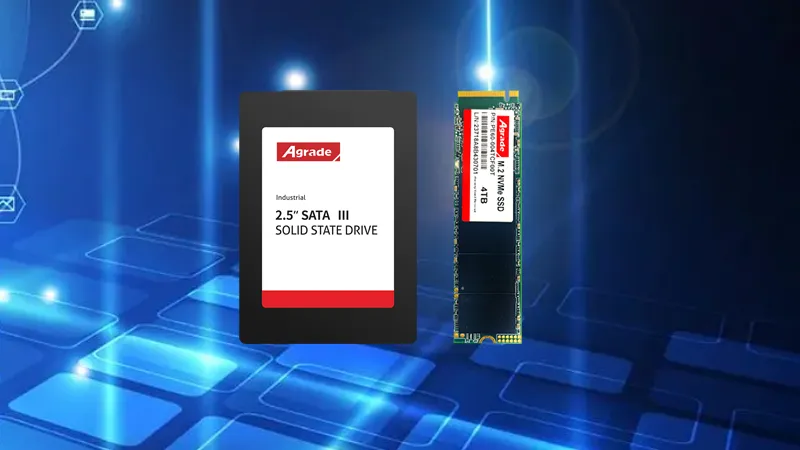
1. Mechanical hard disk (HDD)
Mechanical hard drives are the most traditional storage media that access data through disk rotation and head movement. Its advantages lie in low cost, large storage capacity, and suitability for users who need to store large amounts of data. However, the disadvantages of HDD are also quite obvious, including relatively slow read and write speeds, susceptibility to data damage caused by vibration, and high energy consumption and heat generation.
2. Solid state drive (SSD)
Solid state drives use flash technology and do not have mechanical moving parts, so their read and write speeds are extremely fast, and the startup system and loading applications are significantly faster than HDDs. SSDs also have the advantages of low noise, low energy consumption, and strong earthquake resistance, making them an ideal choice for improving computer performance. However, SSDs have higher costs, especially for high-capacity models, and data recovery is more difficult than HDDs. Once damaged, data may be difficult to recover.
3. Hybrid Hard Drive (SSHD)
Hybrid hard drives combine the large capacity of HDDs with the fast boot advantage of SSDs, achieving a balance between speed and capacity through the built-in small capacity SSD cache for commonly used data. SSHD can provide response speed close to SSD while maintaining the economy and large capacity of HDD. But compared to pure SSDs, their performance improvement is limited, and their prices are usually higher than ordinary HDDs.
4. External hard drive
External hard drives are mostly designed for portable use and can be connected to computers through interfaces such as USB and Thunderbolt, making it easy to backup, carry, and share data. Both HDD and SSD external hard drives have corresponding storage characteristics. The disadvantage of external hard drives lies in their reliance on external power sources (excluding some USB powered ones) and the stability of the connection cables, as well as their susceptibility to fluctuations in data transfer speed caused by environmental factors.
In summary, the choice of hard drive should be based on personal needs, balancing factors such as performance, capacity, cost, and data security.

